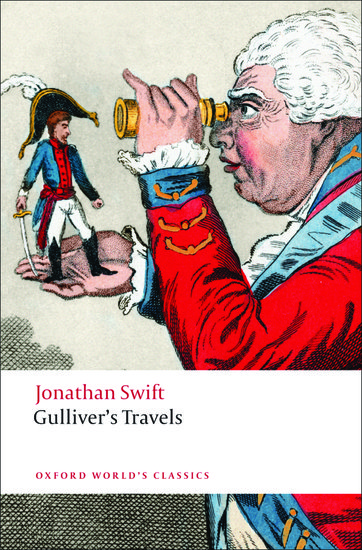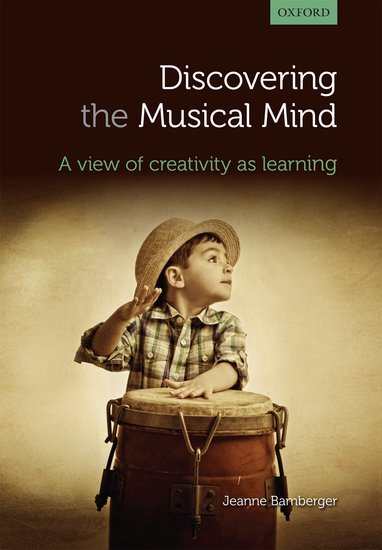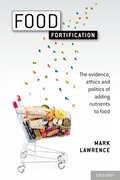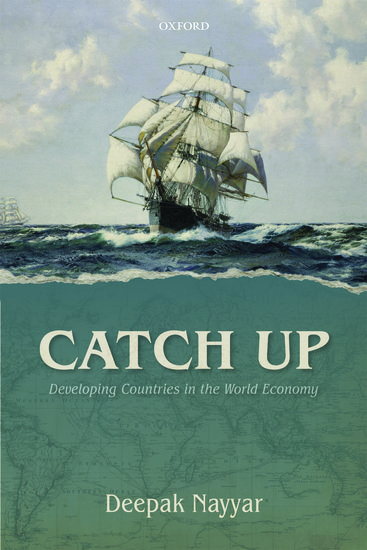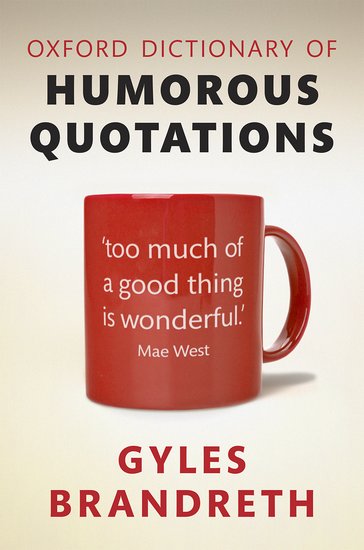Bloody but unbowed
By Sonia Tsuruoka
Not much remains to be said about the politics of the written word: scores of historical biographers have examined the literary appetites of revolutionaries, and how what they read determined how they interpreted the world. Mohandas Gandhi read Henry David Thoreau’s Civil Disobedience during his two-month incarceration in South Africa.

